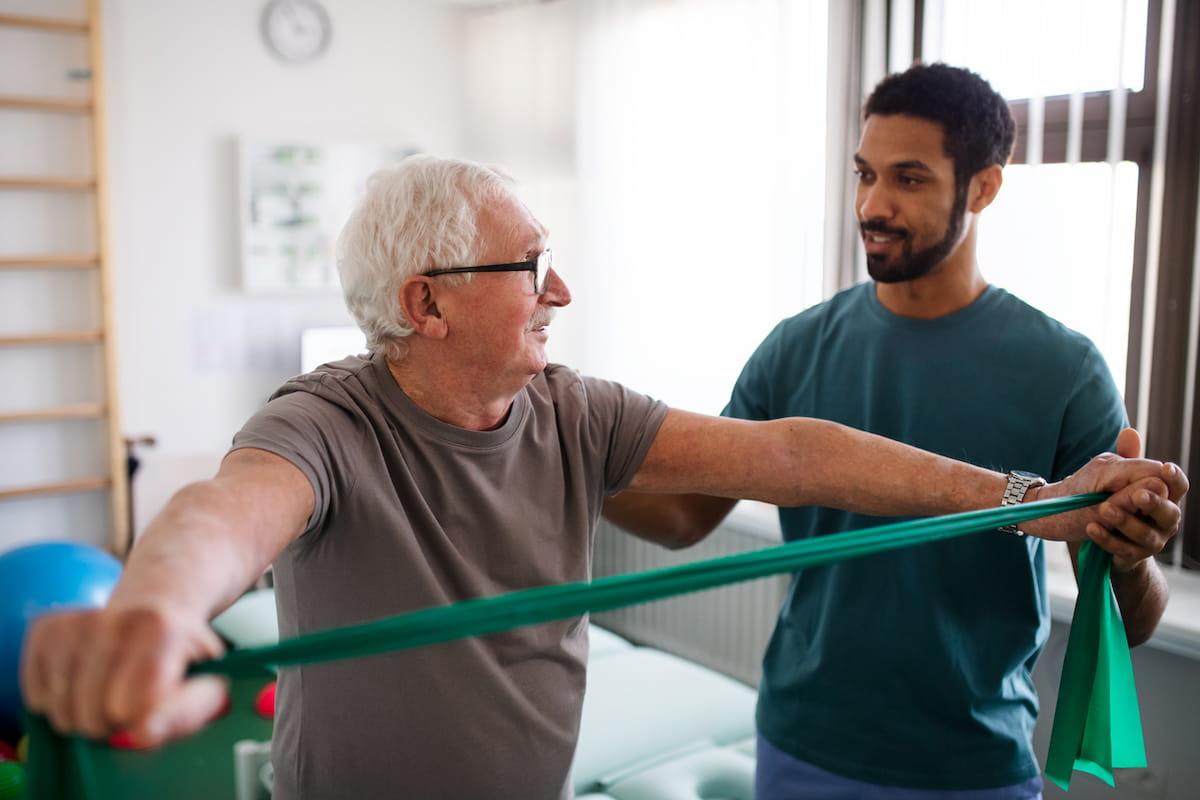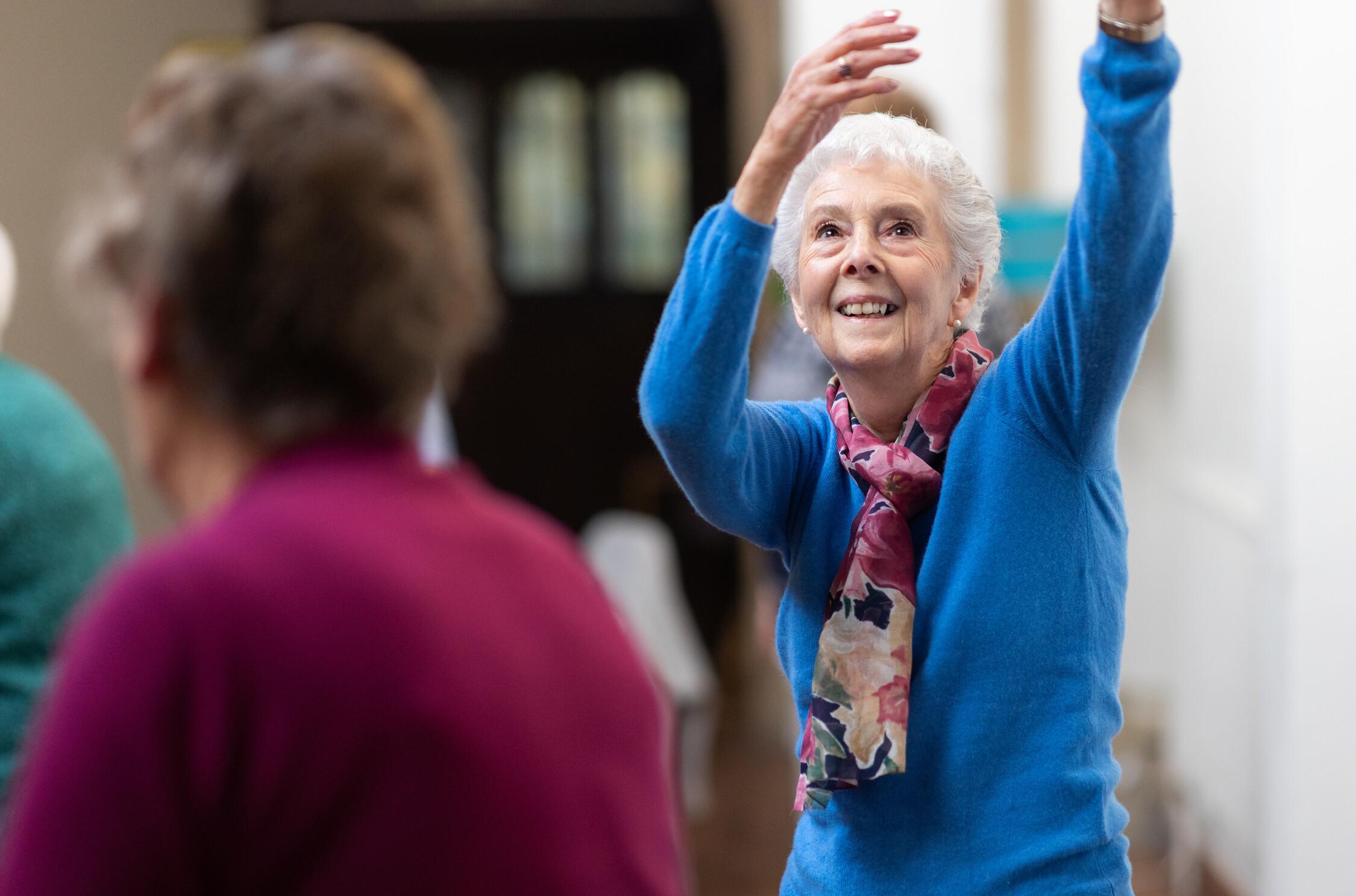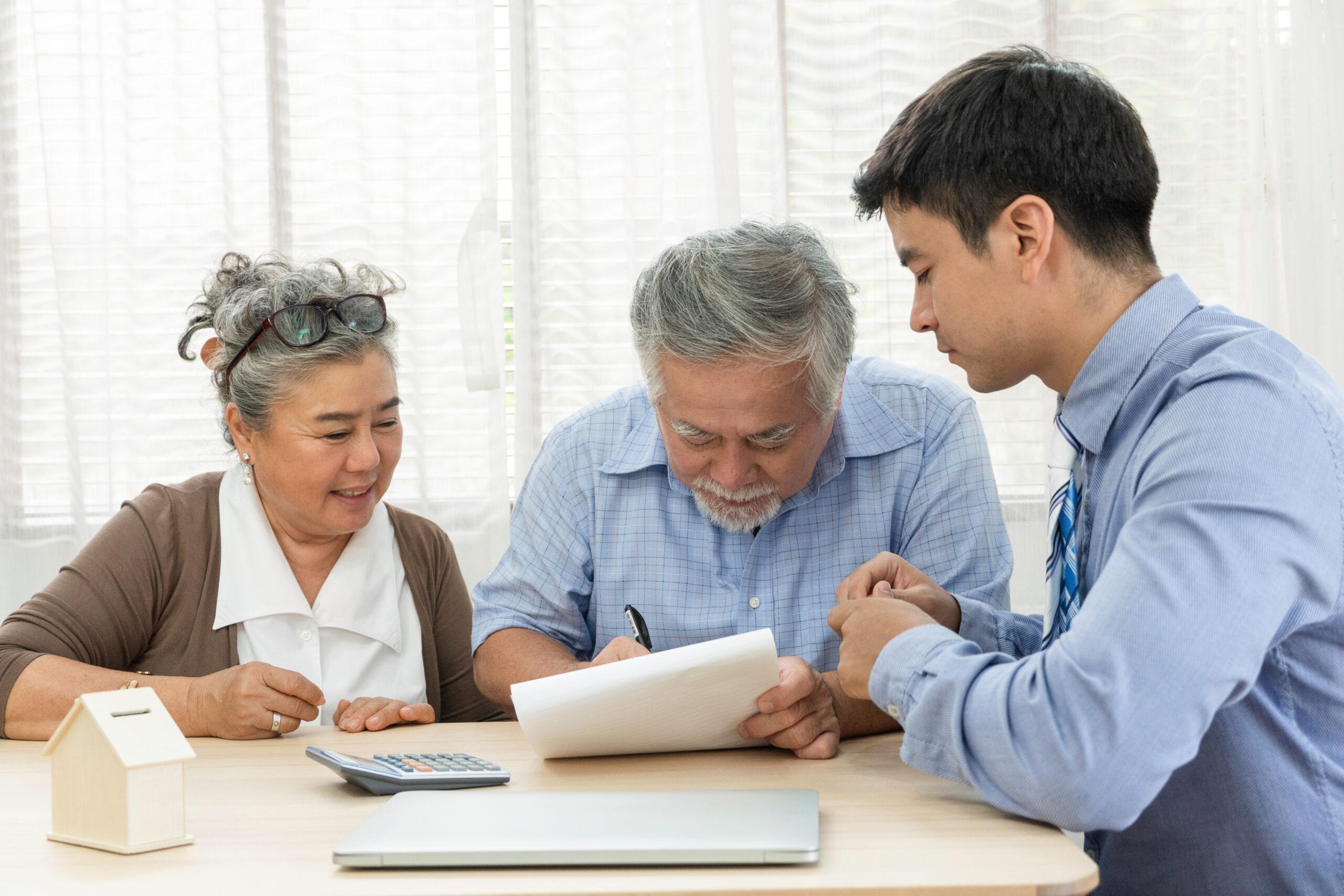Physical activity to boost your brain health
Exercise isn’t just about staying in shape or improving your mood; it can also play a pivotal role in reducing the risk of dementia.

Research into the connection between exercise and cognitive function suggests regular physical activity is an effective way to protect and boost our cognitive health.
People who exercise regularly are less likely to experience heart disease, stroke, high blood pressure, type 2 diabetes and obesity, all of which are risk factors for dementia. Research studies show that physical activity in early, mid and later life is associated with a lower risk of cognitive decline and dementia.
Physical activity and vascular dementia
Exercise has long been celebrated for its heart-healthy effects, but its influence on brain health is becoming more apparent. Regular physical activity ensures oxygen-rich blood reaches your brain, maintaining brain cell metabolic requirements which is thought to lower the risk of vascular dementia.
Exercise and brain health
Exercise increases the release of brain-derived neurotrophic factor (BDNF), a natural substance that promotes the health and growth of neurons (nerve cells in the brain). This, in turn, supports our memory and thinking abilities. By regularly challenging our bodies through physical activity, we may also be conditioning our brains to adapt and overcome cognitive challenges, much like a muscle grows stronger with repeated effort.
Physical activity and mental health
Exercise has profound effects on mental well-being. It reduces symptoms of anxiety and depression which are linked to cognitive decline. Exercise stimulates the release of endorphins which reduce stress response hormones. Stress response hormones are associated with negative impacts on the brain and cognitive function. Regular physical activity will help you manage stress and reduce mental health symptoms.
Start slow and build up gradually
If you don’t currently do much exercise, then start slowly. Start by doing a 15 minute walk a few times each week. Then build up to walking for longer and more often.
If you do exercise you enjoy, you’re much more likely to continue with it. Many people prefer to exercise with others. You might join a seniors’ movement class, play golf or have a regular walking date with a friend.
Some people prefer to incorporate exercise into their everyday activities such as vacuuming or gardening, or they take the stairs rather than a lift or walk rather than drive to the shops.
Always check with your GP before starting a new exercise program. If you feel faint, dizzy or pain, stop exercising and talk to your doctor.
Aerobic exercise
Fitness activities or aerobic exercise can improve or maintain memory and thinking. Aerobic exercise also benefits mood, sleep quality and physical health. Australian physical activity guidelines suggest that older adults should do at least 30 minutes of moderate intensity physical activity on most, preferably all, days. Moderate intensity physical activity means you’re exercising hard enough to raise your heart rate and break a sweat.
Strength training
Resistance or strength training are exercises which increase your muscle strength. Strength based exercises include lifting weights, using exercise bands, or lifting your own bodyweight. Some studies suggest that doing aerobic exercises and strength training produces better results than aerobic exercise alone.
Flexibility
An exercise program needs to include moving joints and stretching muscles to help us move easily and avoid injury. Exercises such as yoga, tai chi, dancing or bowls can help maintain flexibility.
Balance training
Poor balance puts you at a greater risk of a fall and injury. Balance training involve safely challenging your ability to balance with sideways walking, heel raises and (safely) practicing finding your ‘toppling point’ (the point just before you lose your balance) and increase the time you can hold this pose.
For more information and ideas about how to get more physically active visit Health Direct: Physical activity guidelines for older people


